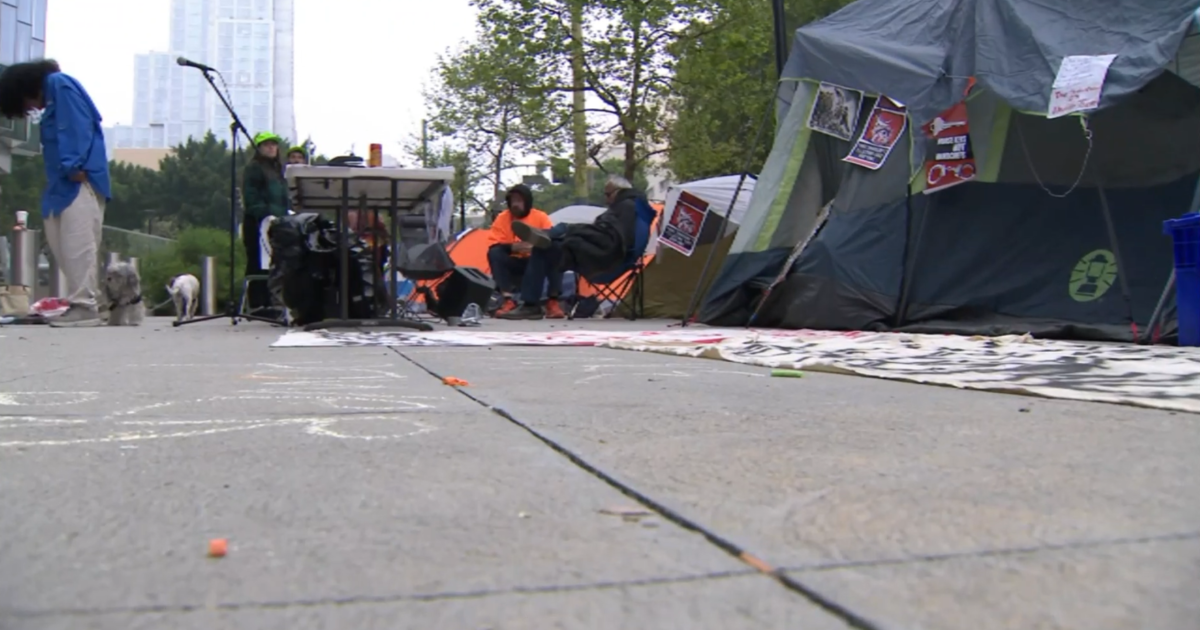Doctors Weigh In On How Coronavirus Precautions Impact Flu Season
LOS ANGELES (CBSLA) -- Coronavirus scares have been dominating health concerns throughout the world as the seasonal flu still poses a threat.
Countries like Brazil and Australia have seen fewer cases of influenza this year, possibly due to precautions taken to avoid the coronavirus, but some health experts say the same won't necessarily be true for the U.S.
"I feel that we can be cautiously optimistic but also follow the data day-by-day," said Pasadena's Public Health Director Ying-Ying Goh.
According to Goh and other officials, it is possible that physical distancing measures and widespread closures of businesses will reduce the spread of the flu, which normally spikes in Southern California around November.
Still, Goh says doctors continue to recommend the flu vaccine, despite widespread stay-at-home guidelines.
"The benefits are enormous. It can really save you from being very ill, having to go to the hospital and it'll protect you especially in a time like this when you might get sick with coronavirus and you might not know which one it is," Goh said.
How widely the flu will spread this year and into 2021 will also depend on whether schools expand in-person learning.
"Then we will be putting each other at risk because kids can transmit the flu and we know they can transmit COVID-19 as well," Goh said.
Goh says the precautions against coronavirus, like face coverings, physical distancing and proper hand hygiene will help hospitals from facing a crush of both coronavirus and influenza cases.
"You are still going to the grocery store. You are still doing those essential things you have to do. A lot of people are having to go to work and so you still going to have to be interacting with others potential getting exposed to respiratory droplets. And that's how the flu spreads," Goh said.
Experts say limited air travel and physical distancing measures may have helped some countries to reduce the importation of the flu, and ultimately keep their numbers low.
But for the U.S. and other countries who aren't experiencing the same benefits, the recommendation remains the same: practice physical distancing, wear face coverings, get vaccinated for the flu and stay home if you are sick.



